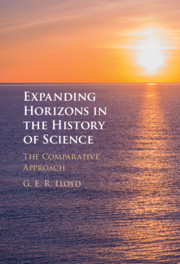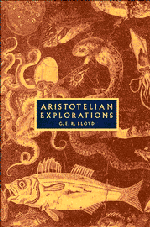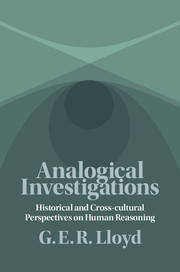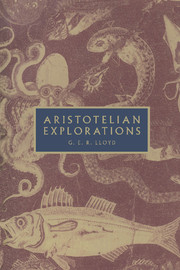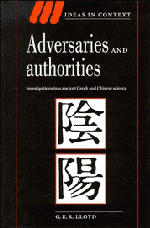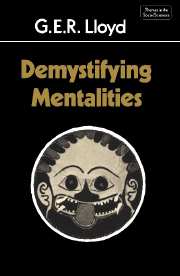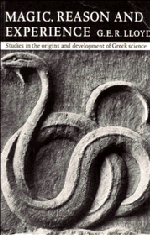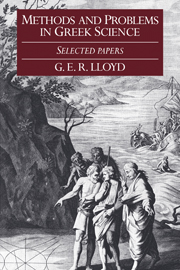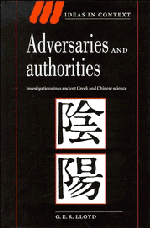Expanding Horizons in the History of Science
This book challenges the common assumption that the predominant focus of the history of science should be the achievements of Western scientists since the so-called Scientific Revolution. The conceptual frameworks within which the members of earlier societies and of modern indigenous groups worked admittedly pose severe problems for our understanding. But rather than dismiss them on the grounds that they are incommensurable with our own and to that extent unintelligible, we should see them as offering opportunities for us to revise many of our own preconceptions. We should accept that the realities to be accounted for are multi-dimensional and that all such accounts are to some extent value-laden. In the process insights from current anthropology and the study of ancient Greece and China especially are brought to bear to suggest how the remit of the history of science can be expanded to achieve a cross-cultural perspective on the problems.
- Develops a new framework for the history of science
- Adopts a multi-disciplinary approach using findings from anthropology, the philosophy of language and the philosophy and historiography of science
- Investigates science in contemporary indigenous, as well as ancient, societies, thereby expanding the horizons of the history of science
Reviews & endorsements
'This text is aimed at academic historians of science interested in the intercultural complexities of the field, demonstrating how investigating approaches and results from studies of nature in past cultural contexts (using the tools of contemporary disciplines) can enrich current and future research in the history of science … Recommended.' J. W. Dauben, Choice
Product details
August 2021Hardback
9781316516249
200 pages
235 × 150 × 15 mm
0.38kg
20 b/w illus.
Not yet published - available from February 2025
Table of Contents
- Introduction
- 1. On aspects of the status quaestionis
- 2. Translatability, intelligibility, revisability
- 3. Demystifying the Greek miracle
- 4. The question of causal factors
- 5. The criteria of theories, simplicity for instance
- 6. Definitions and the problems of foreclosure
- 7. The challenge of 'mythology'
- 8. Elements, processes, substances, stuff
- 9. Health and disease, illness and well-being
- 10. Mind, body, heart, brain, soul, spirit
- Conclusions.

